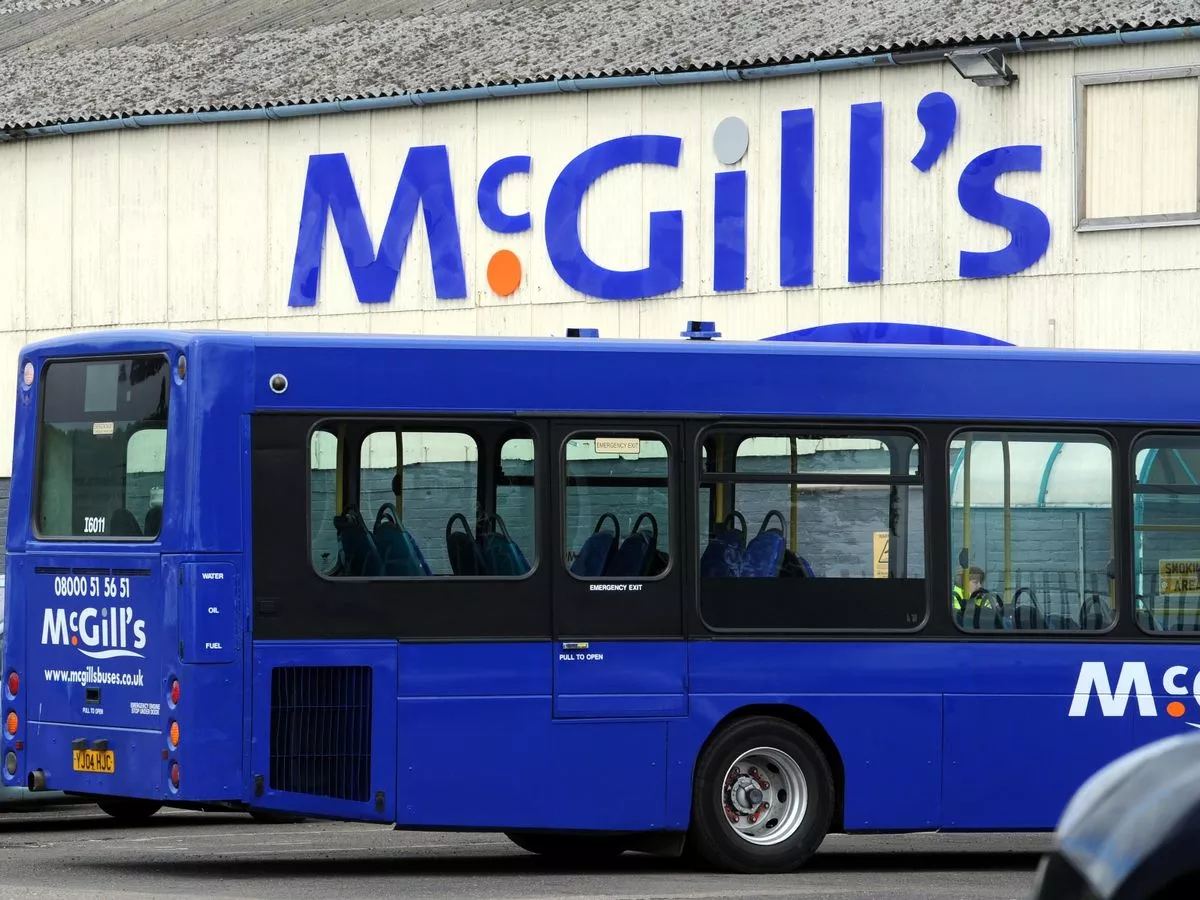Copyright dailyrecord

The First Minister has urged communities and bus operators to work together on concerns over rural bus services across Stirling. The state of the network all over the city and surrounding region has come under sustained criticism in recent years from passengers left frustrated by late cancellations and unreliability. A recent example of the anger caused by local services saw Tillicoultry resident Stephen McKenna left furious by regular problems with the 52 bus connecting the village with Stirling. Mr McKenna, who is reliant upon the bus to get to and from the GP surgery in Alva and has been forced to take taxis to avoid missing time-critical appointments, claimed recent performance issues were “not acceptable” following a 90 minute wait for a recent bus to turn up. He added: “The bus pass is a lifeline in principle - but it’s meaningless if buses don’t turn up. Residents have had enough. “We need a clear plan, reliable information at stops, and services we can trust.” His case was taken forward by local MSP Keith Brown, who arranged a meeting with operators McGills - the company in charge of the Midland Bluebird network running here. On a recent visit to St Ninians, the Observer raised the issue of bus travel in Stirling and connectivity issues directly with John Swinney - who offered a defence of the Scottish Government’s backing of bus companies. He said: “Bus services are absolutely crucial in all of our rural communities because there is a need for people to be connected to the excellent rail network around Stirling. “It needs to be comprehensive and we have the Concessionary Travel Scheme for under 22s and over 60s; those provide for the bus industry a very reliable demand for services because the government is paying for those fares. “It allows bus companies financial certainty to allow them to plan bus services, we’re contributing over £400million across the country and that is a sizeable contribution to allow the companies to scope out routes and interact with local authorities. “This makes sure that particular areas which need to be covered by services are able to do so. “I would encourage very active dialogues between local communities, councils and the bus companies to design services which meet the needs of passengers - and the government will be very willing to support that financially as we recognise the importance of this to the public.” A success story for rural bus services has been seen in the popularity of the Trossachs Explorer bus, which ferried almost 6,000 passengers around some of the Stirling towns and villages dotted around the National Park area. Building on a successful initial pilot in 2024, this year’s Trossachs Explorer featured improvements based on feedback from last year, including a route extension starting from Drymen, improved connections to existing public transport services such as the Stirling Council-operated C60 bus service, and more accessible buses. Efforts are already in motion by the National Park Authority and collaborators to guarantee the Trossachs Explorer’s comeback in 2026, provided adequate funding can be obtained.



